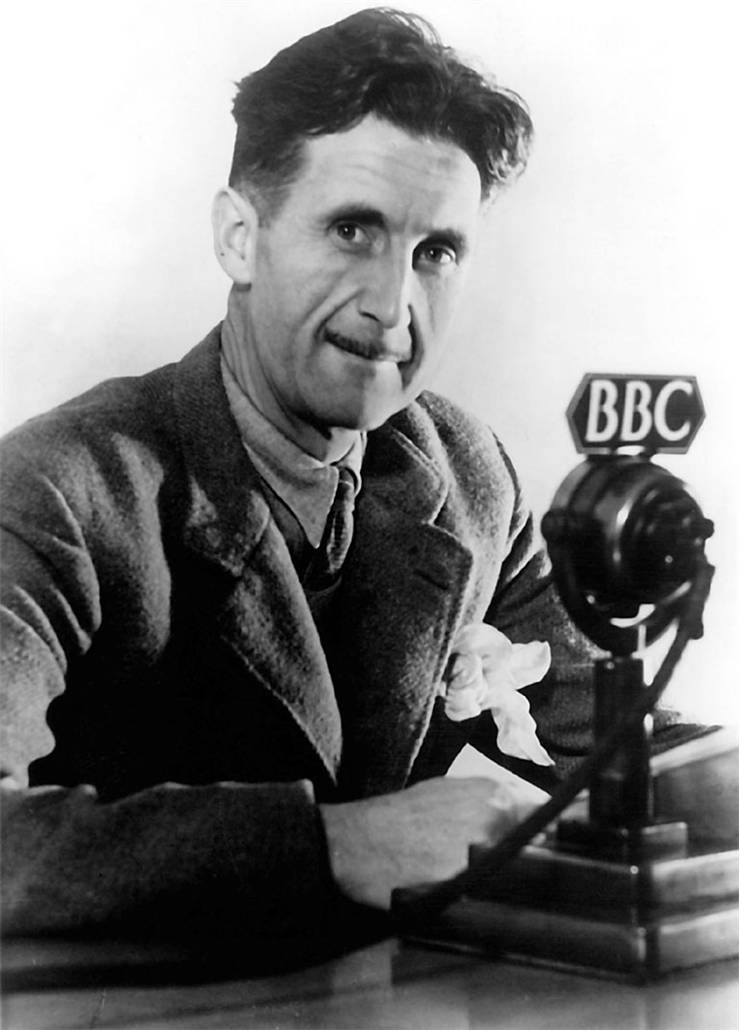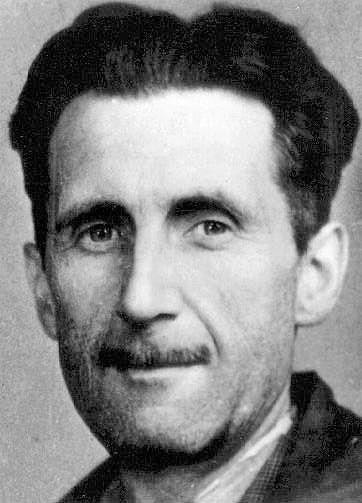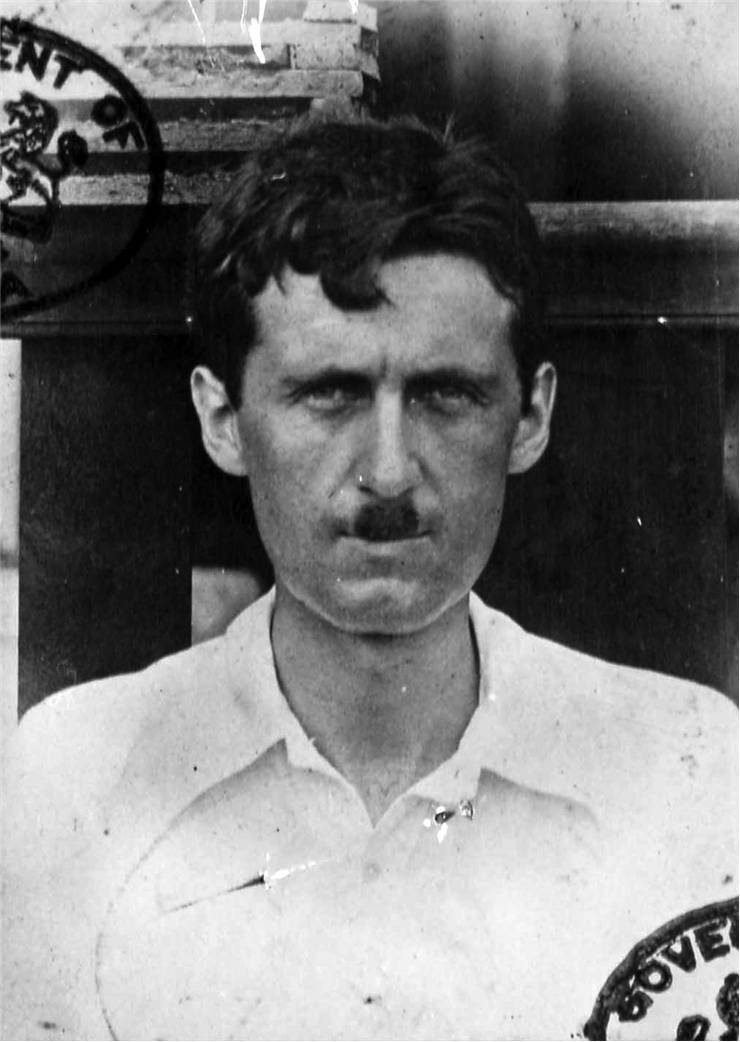George Orwell - Dystopian Author
George Orwell is pseudonym of Eric Arthur Blair, an English writer, author and journalist, also published essays, reviews and columns, widely known through his two brilliant political satires Nineteen Eighty-Four and Animal Farm.
He was born in 1903 in India. At six, he attended the Anglican parish school, then St Cyprian's School. After that he entered EtonCollege where his French tutor was Aldous Huxley. After finishing school at Eton, he joined the Indian Imperial Police, because his family hadn't enough money for university. This time in Burma made him an opponent of imperialism. Wanting to become a writer, he resigned from the Indian Imperial Police in 1927. His novel Burmese Days (1934) as well as the essays "A Hanging" (1931) and "Shooting an Elephant" depict his days and experiences in the Indian Imperial Police.
In 1928 he moved to Paris, thinking he earned a living like a writer, but he was working there low paid jobs. He returned to England in 1929 where he also lived in poverty. The book Down and Out in Paris and London, appeared in 1933, recounts his failures in Paris and London and his life as a tromp and beggar. He adopted the pen name George Orwell before publication of this book.
From 1934 to 1936 he worked like an assistant in London bookshop and his experiences from that period he described in the novel Keep the Aspidistra Flying (1936).
From 1936 he worked like a social reporter. In 1937 his account The Road to Wigan Pier was published. This work is objective study of working life in the coal mines, and it is also considered a milestone in modern literary journalism.
In 1936 he went to Spain to fight and report on the Civil War, and in that time he became an advocate and defender of socialism. His book Homage to Catalonia on Spain was published in 1938.
During World War II he was a journalist for BBC, Observer and Tribune and also a sergeant in the Home Guard. His first literary success came with the publication of Animal Farm in 1944, a satire of Communist ideology particularly directed against Stalinism. His next book Nineteen Eighty-Four, published in 1949, brought him worldwide fame and is considered his best work. Criticizing totalitarianism in general, in this dystopian novel, he pointed out the importance of clear language showing that corruption of truth and free speech in modern world could be a tool of political manipulation. He said that the book was written "to alter other people's idea of the kind of society they should strive after". This novel was an inspiration for many other science fiction novels. Some phrases of these novels such as "Big Brother" or "Big Brother is watching you" (from Nineteen Eighty-Four) and "all animals are equal, but some are more equal than others" (from Animal Farm) has entered into the English language.
He was a great admirer of Trotsky, Dickens, H.G. Wells, Jack London, Huxley, Yevgeny Zamyatin, James Joyce.
He died from tuberculosis in 1950.


